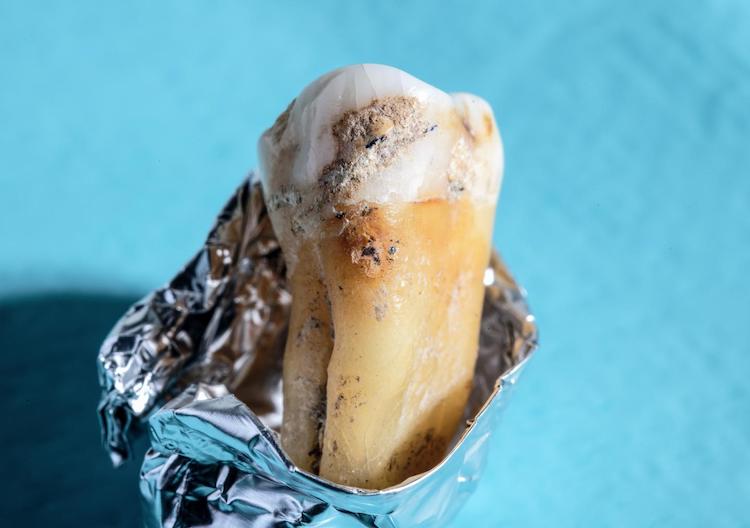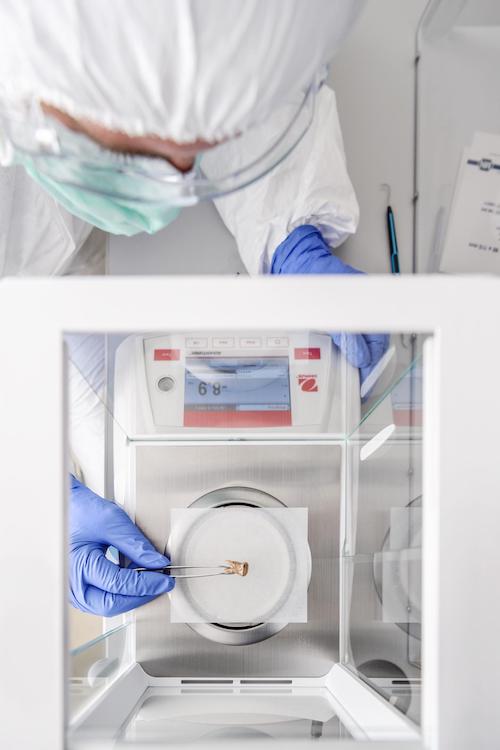In a new study published in the Proceedings of the National Academy of Sciences, researchers from 41 institutions in 13 countries collaborated to reconstruct the oral microbiomes of Neanderthals, primates, and humans, including the oldest oral microbiome ever sequenced from a 100,000-year-old Neanderthal. Scientists analyzed fossilized dental plaque of humans and Neanderthals and compared it to plaque from chimpanzees, howler monkeys, and gorillas to better understand the evolutionary history of our oral bacteria.

Floyd Dewhirst, Senior Member of Staff at the Forsyth Institute, was a co-author on the study.
From the press release:
Within the fossilized dental plaque, researchers identified ten groups of bacteria that have been members of the primate oral microbiome for over 40 million years and that are still shared between humans and their closest primate relatives. Many of these bacteria are known to have important beneficial functions in the mouth and may help promote healthy gums and teeth. A surprising number of these bacteria, however, are so understudied that they even lack species names.

“That many of the most important taxa are poorly characterized is a surprise to oral microbiologists who have been working on these bugs for years,” said Floyd Dewhirst, Senior Member of Staff at the Forsyth Institute and a coauthor on the study. “We’re still learning about new members of this community, and these results give us new species to target for full characterization.”
